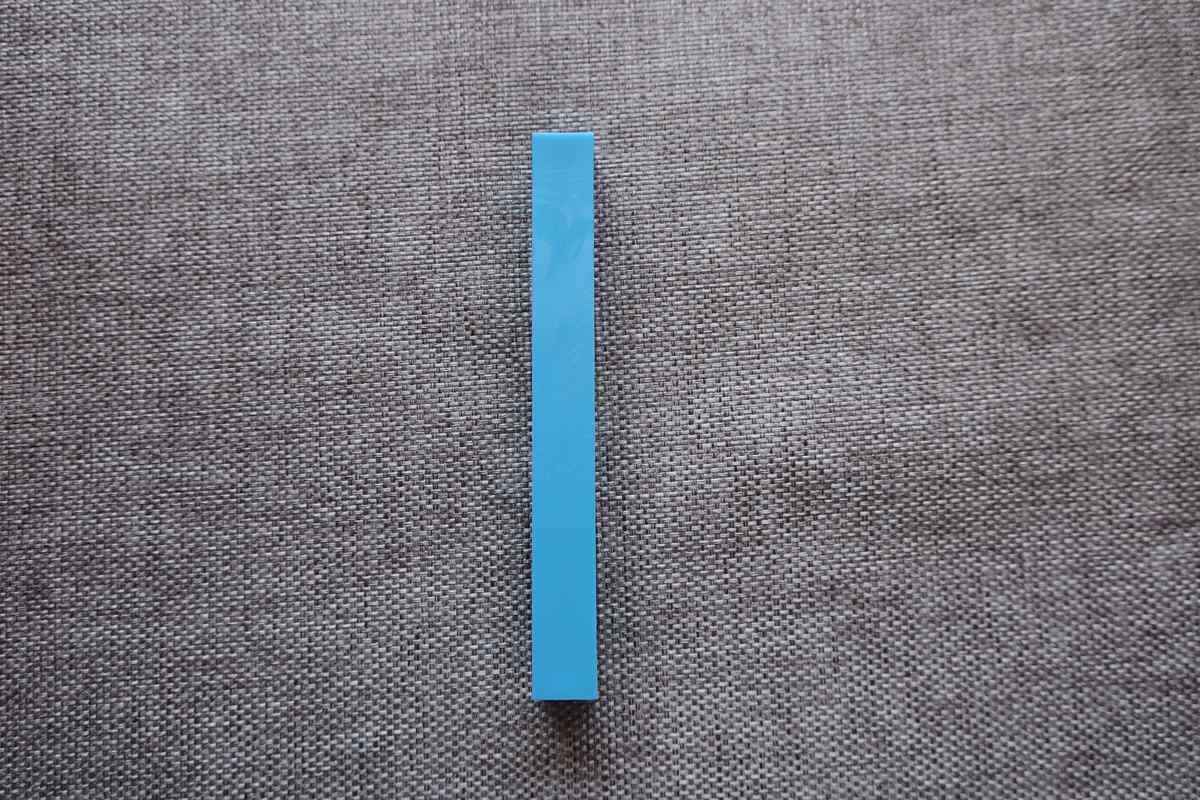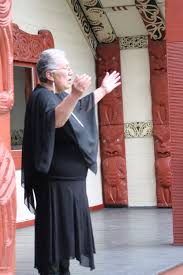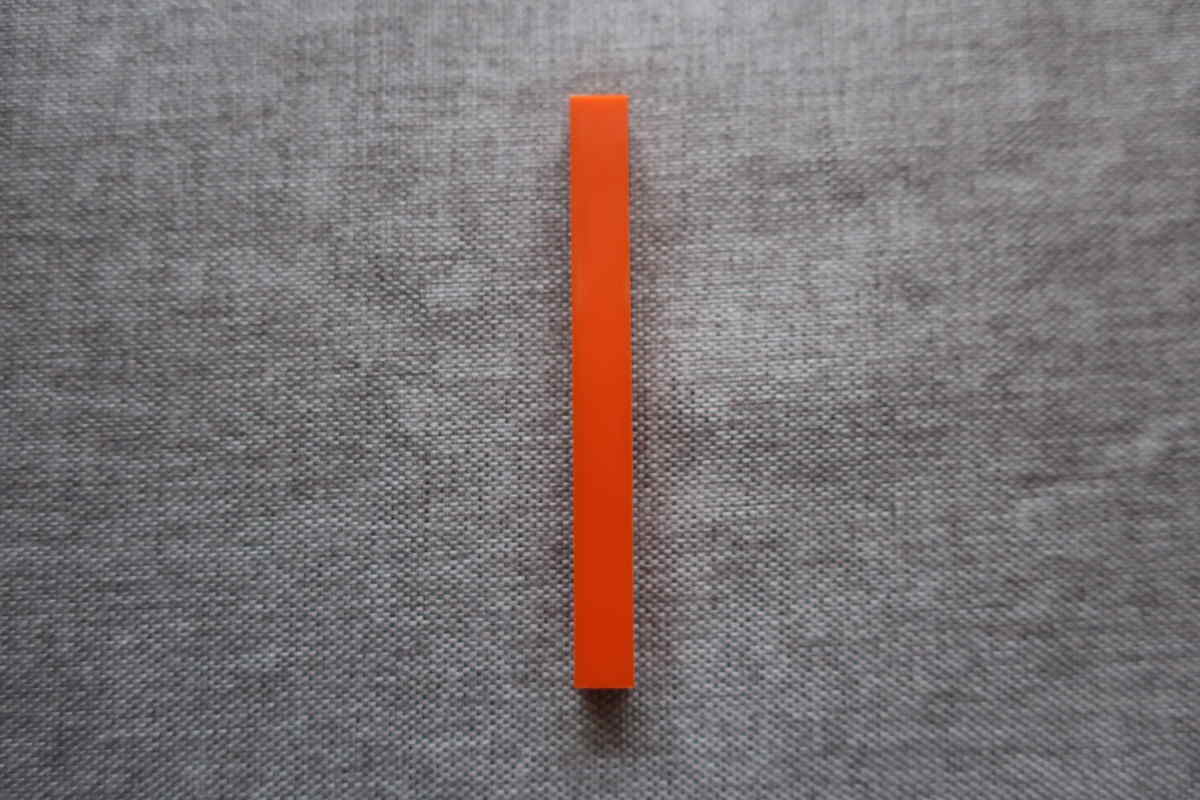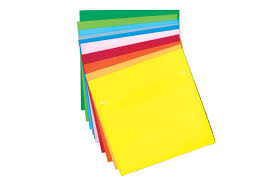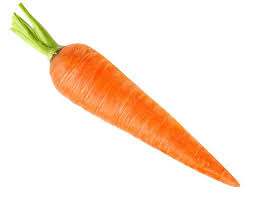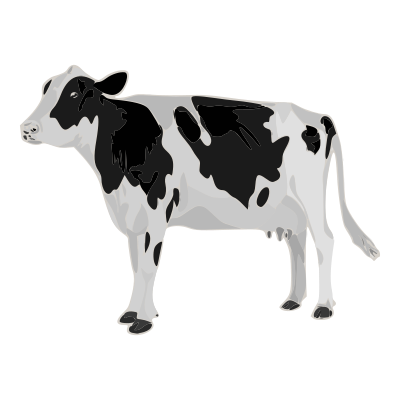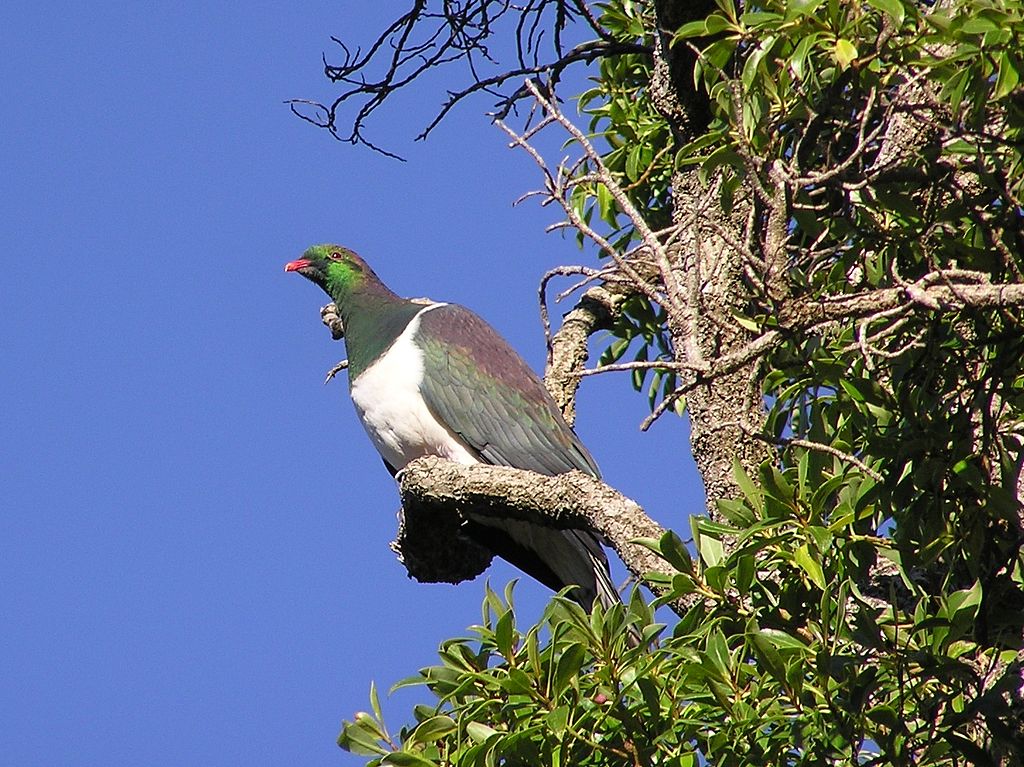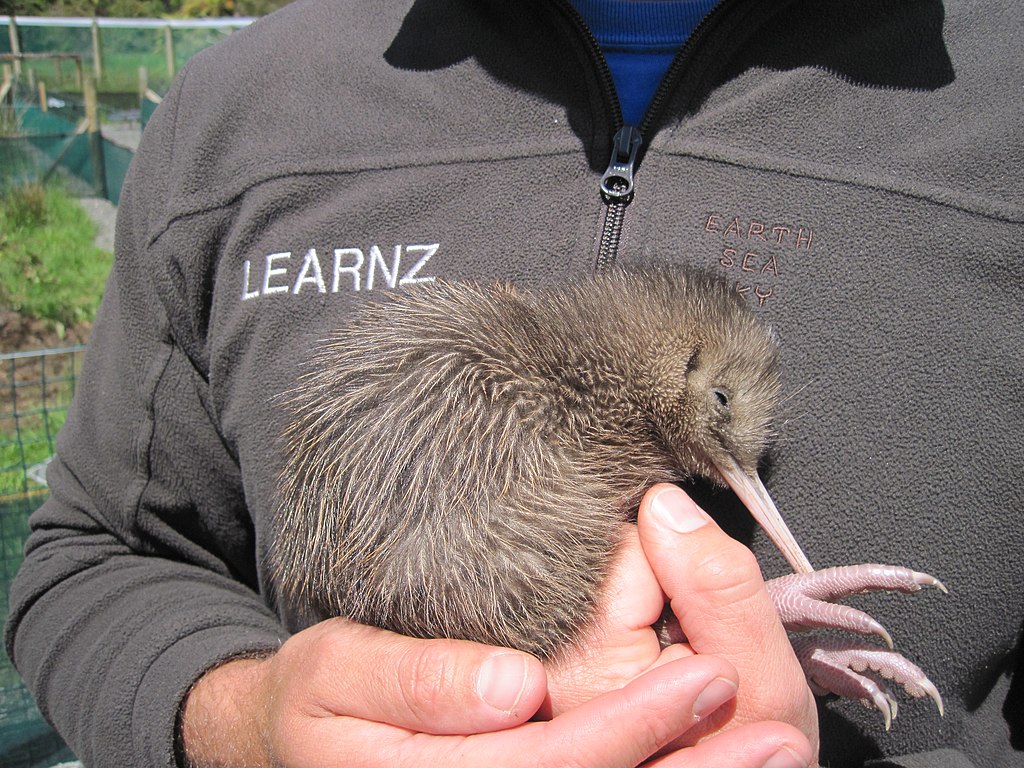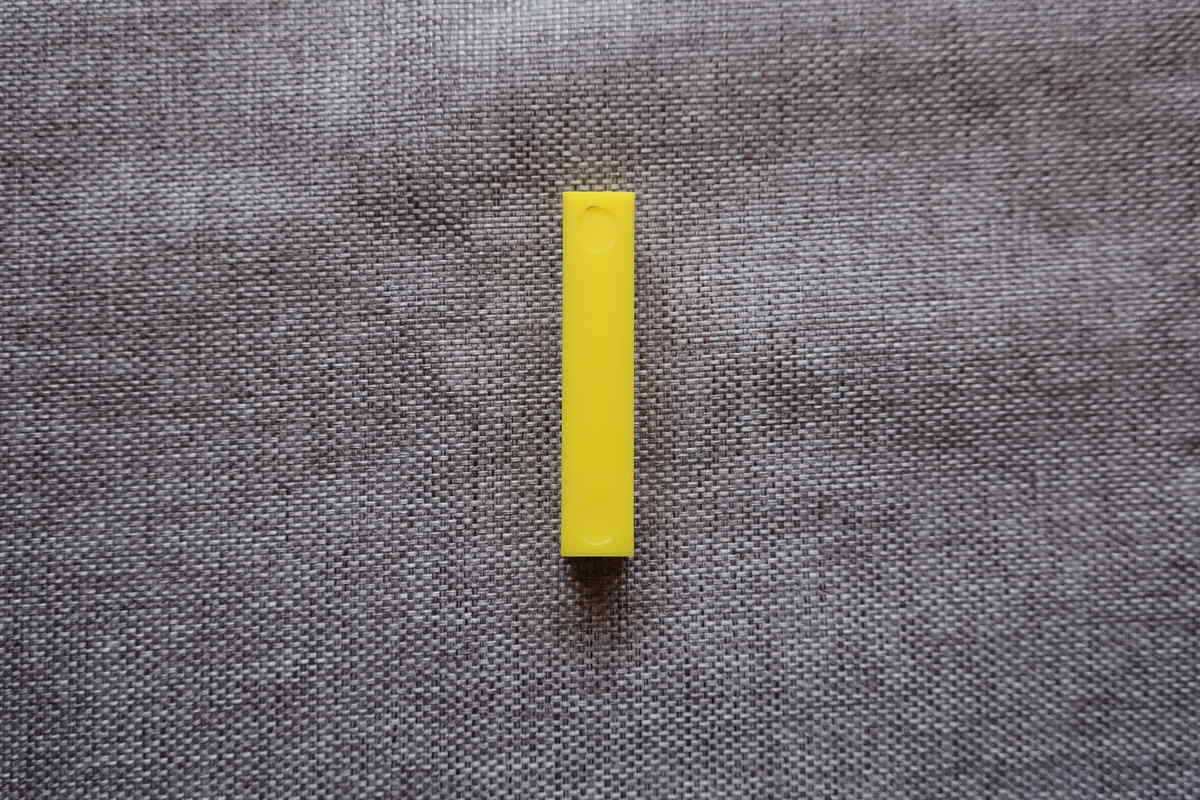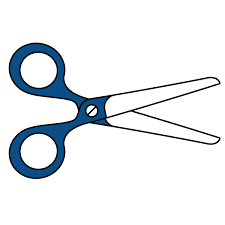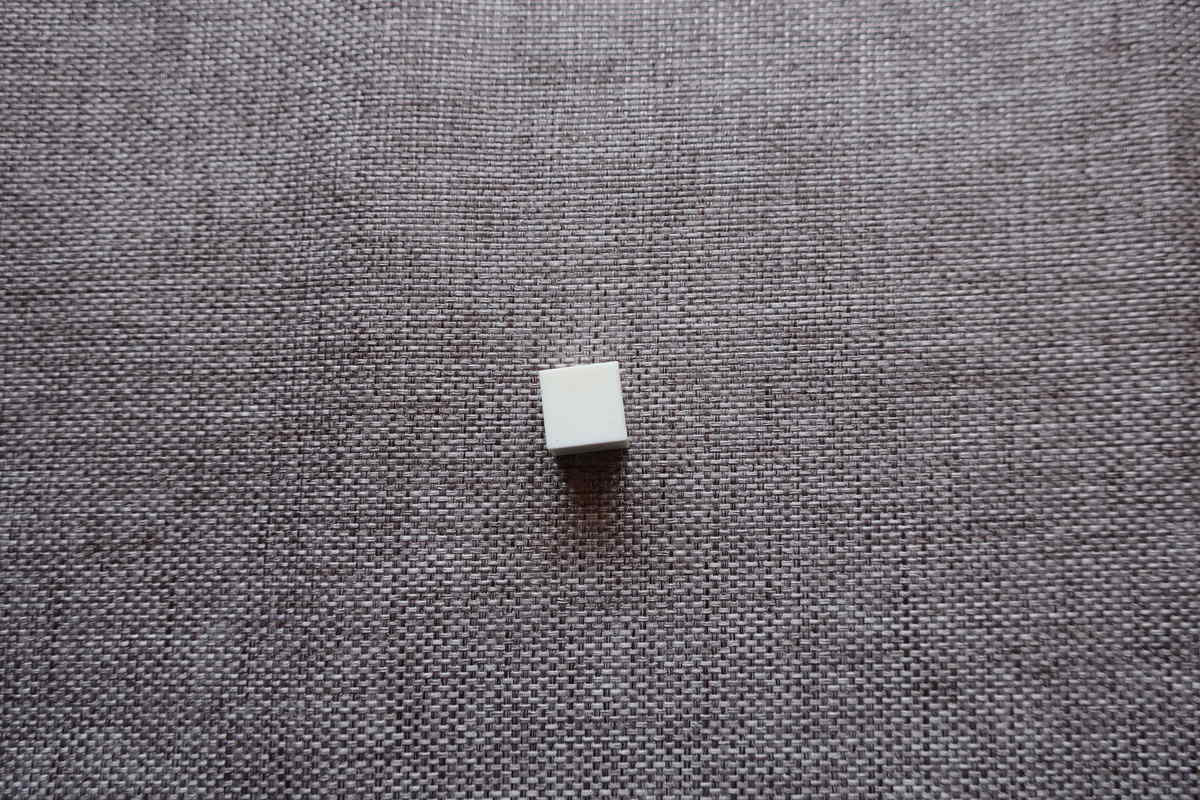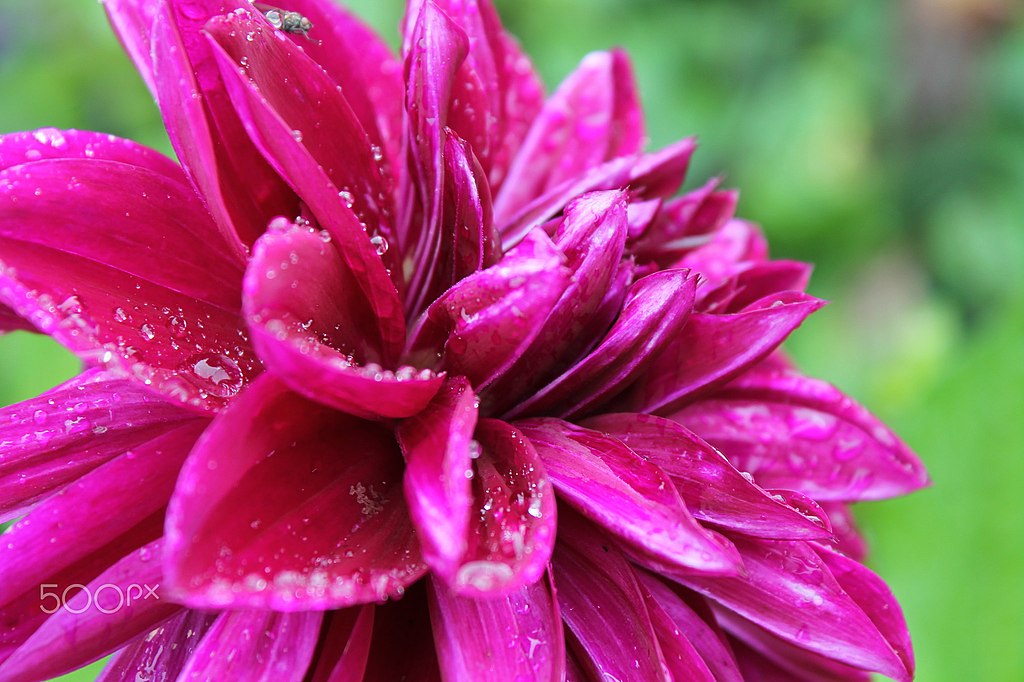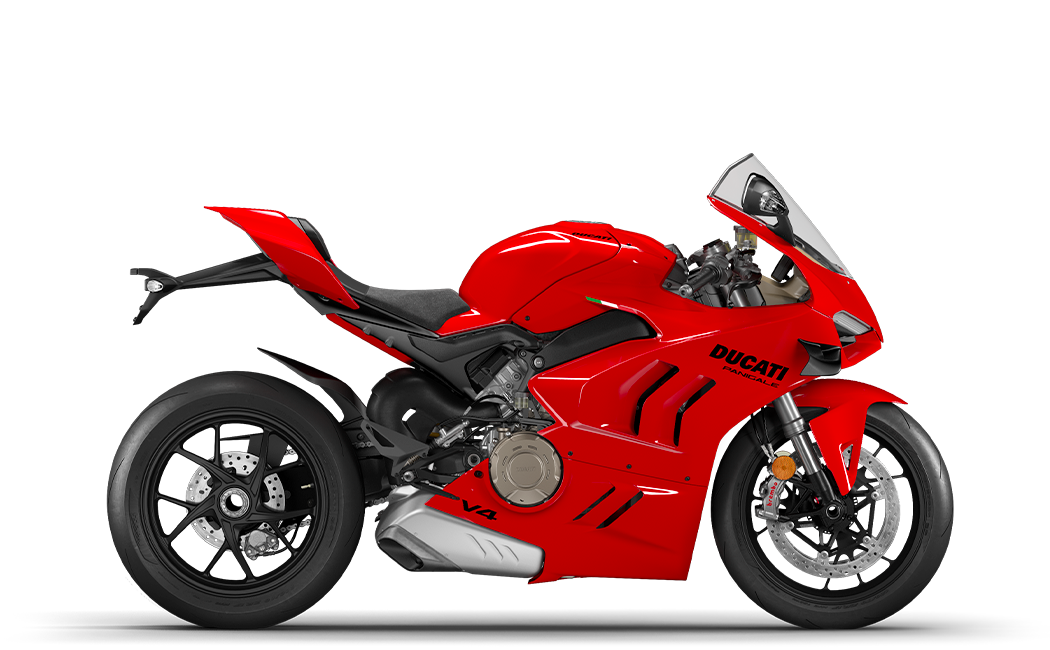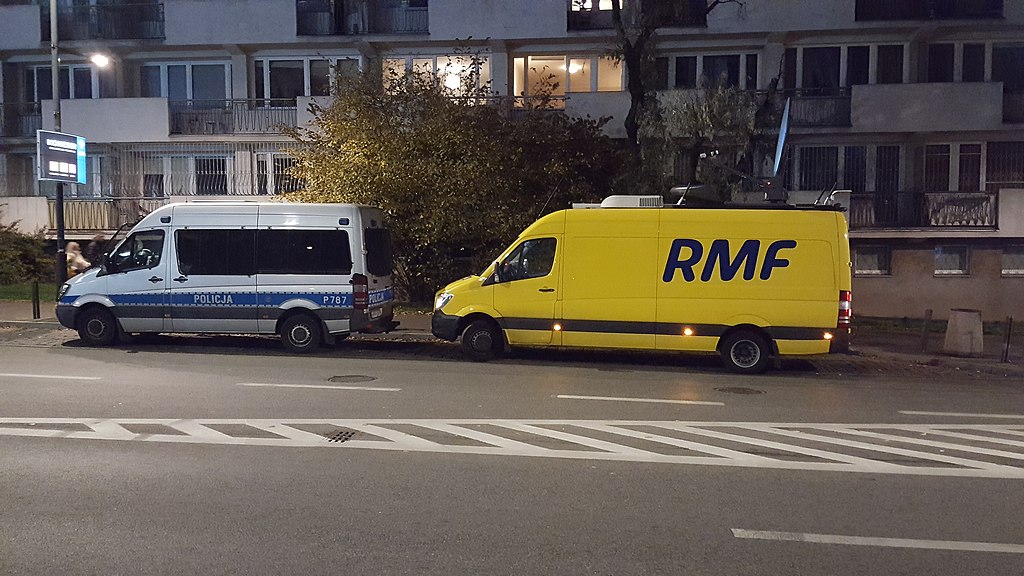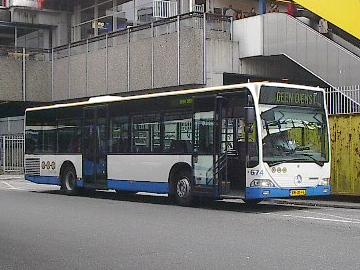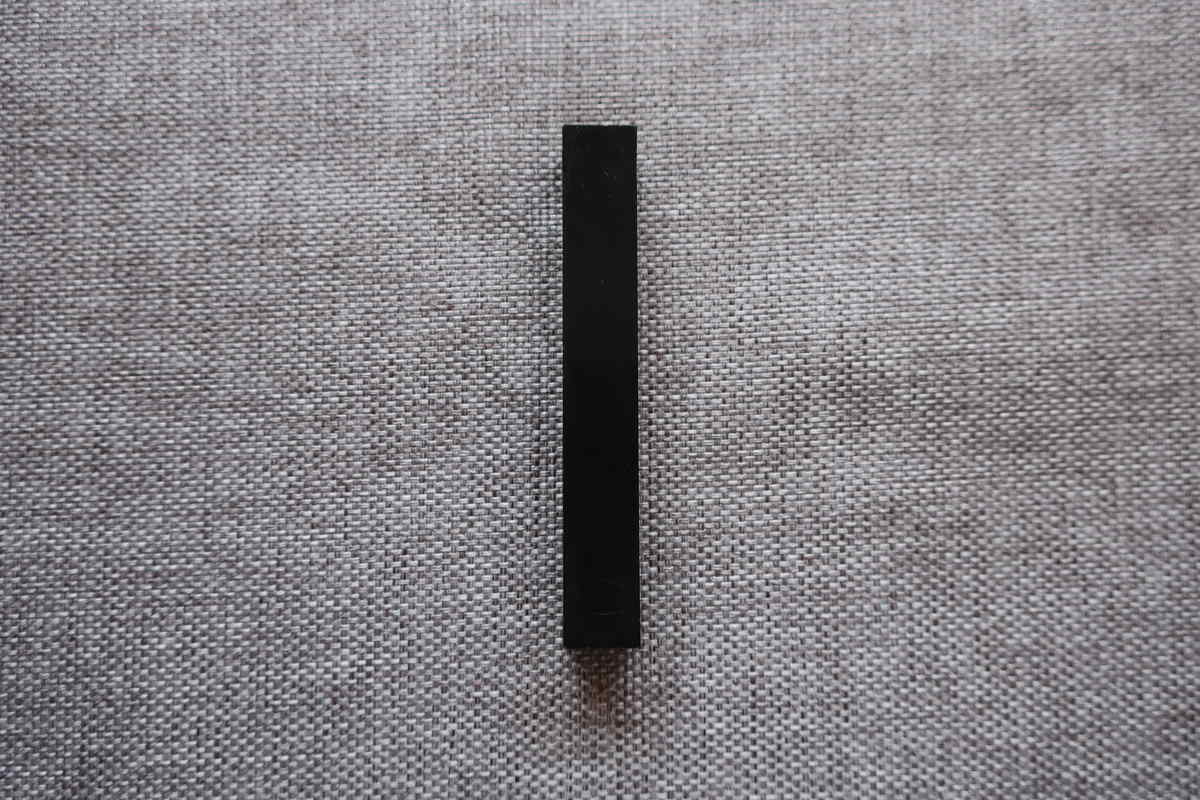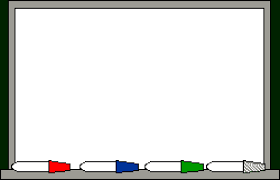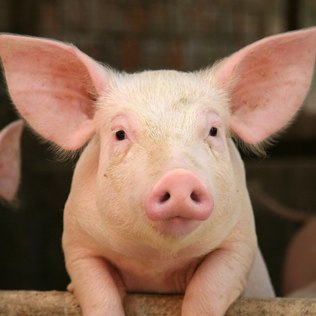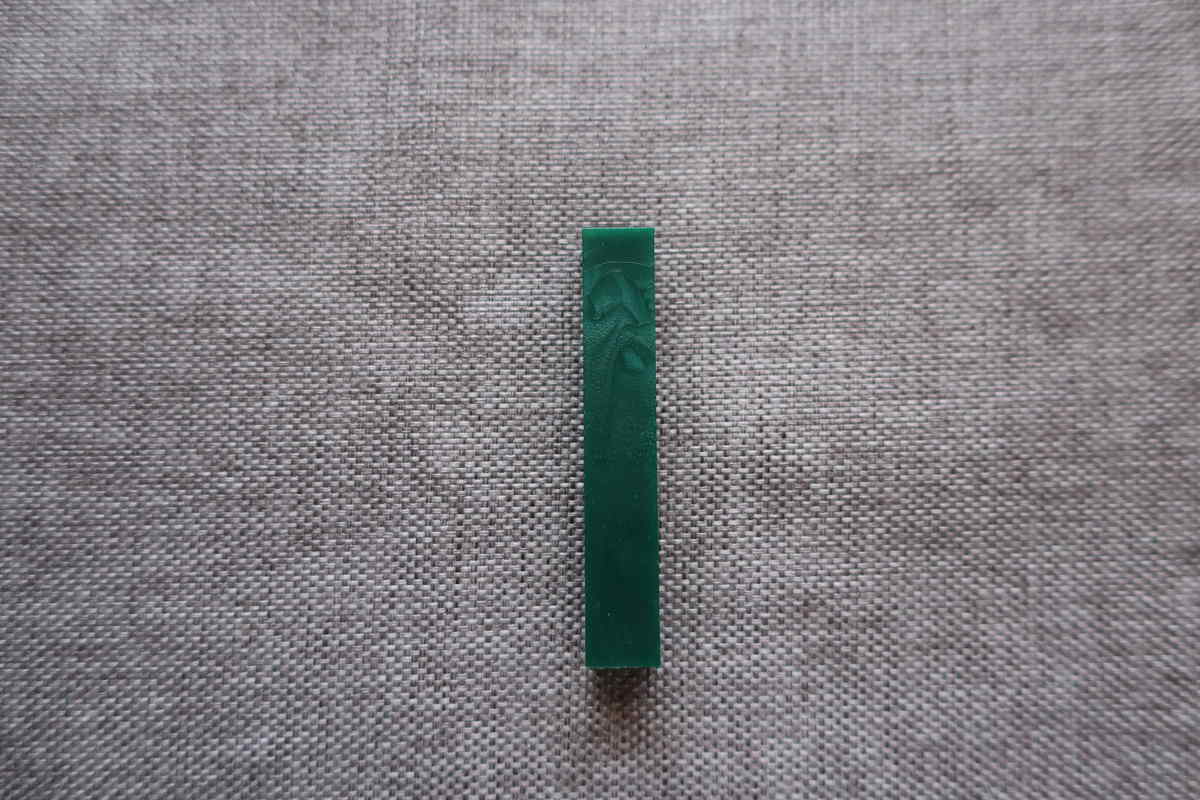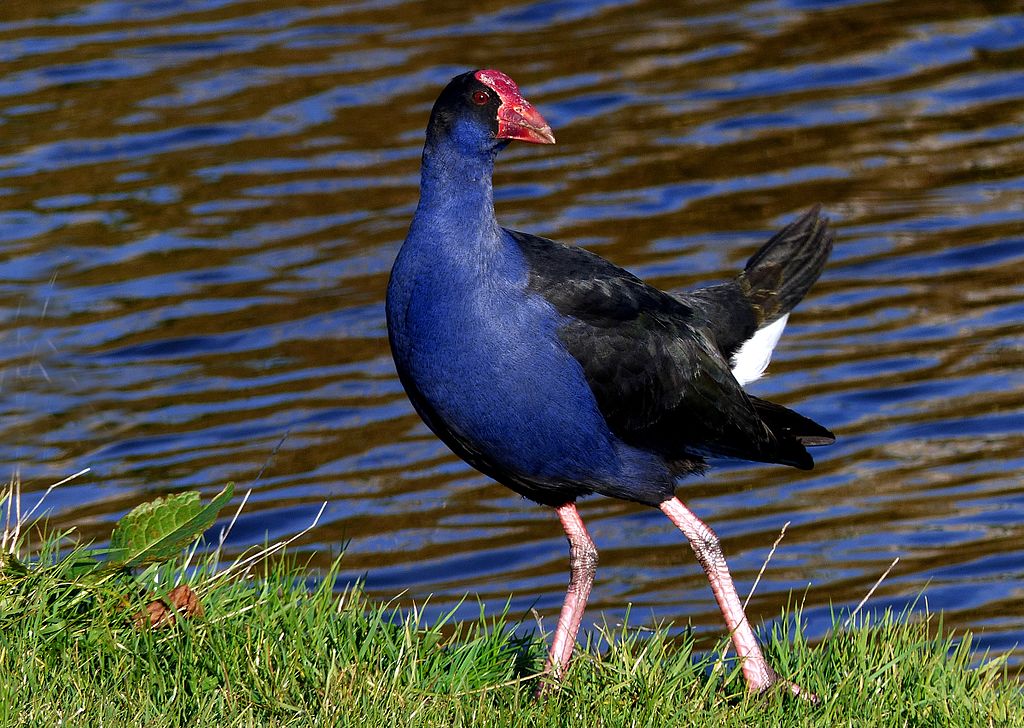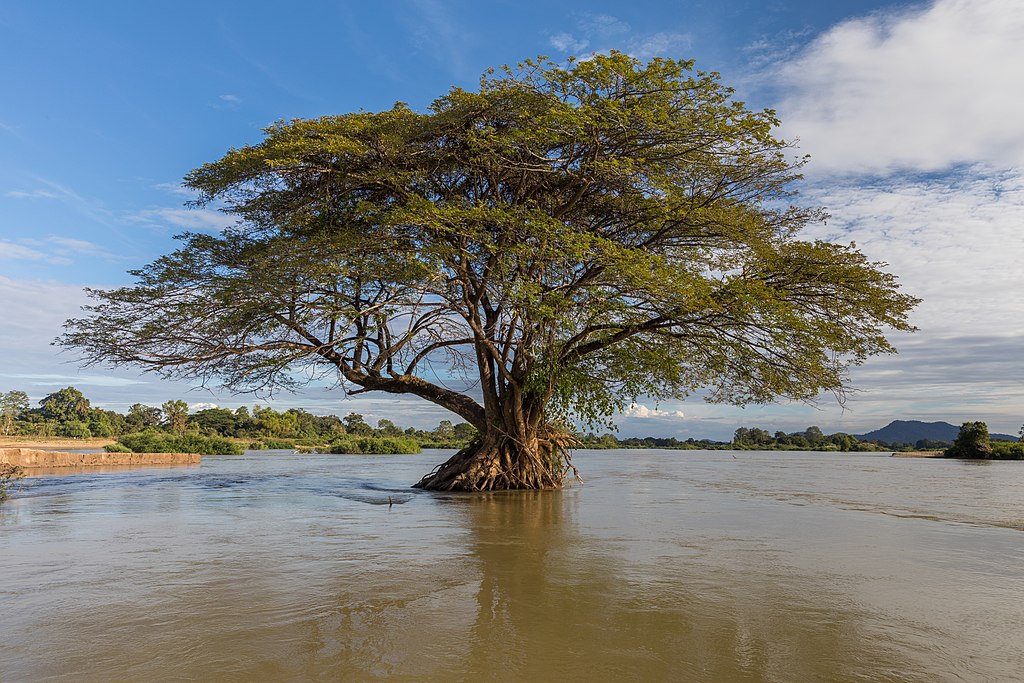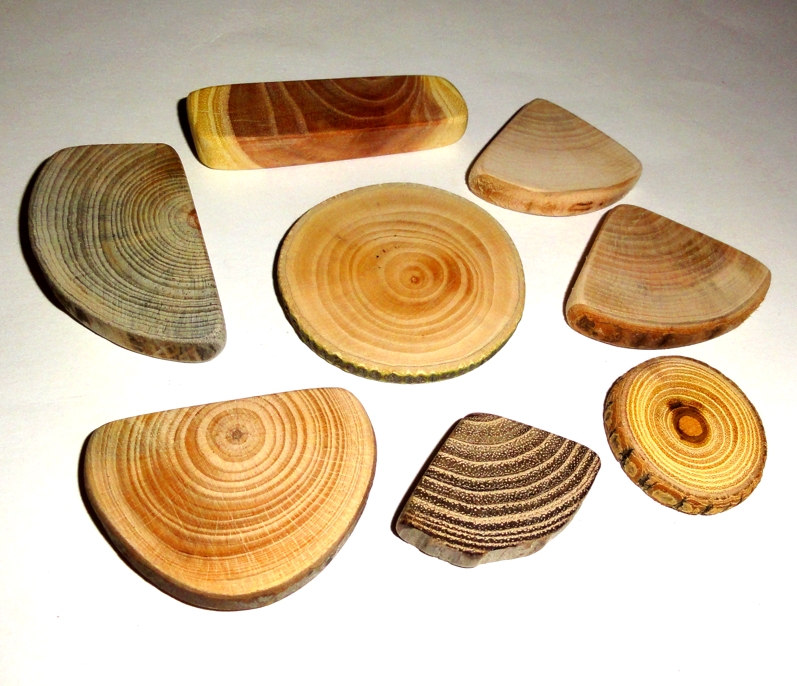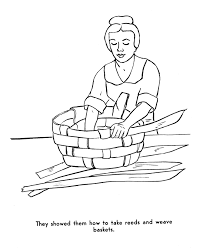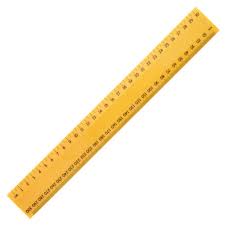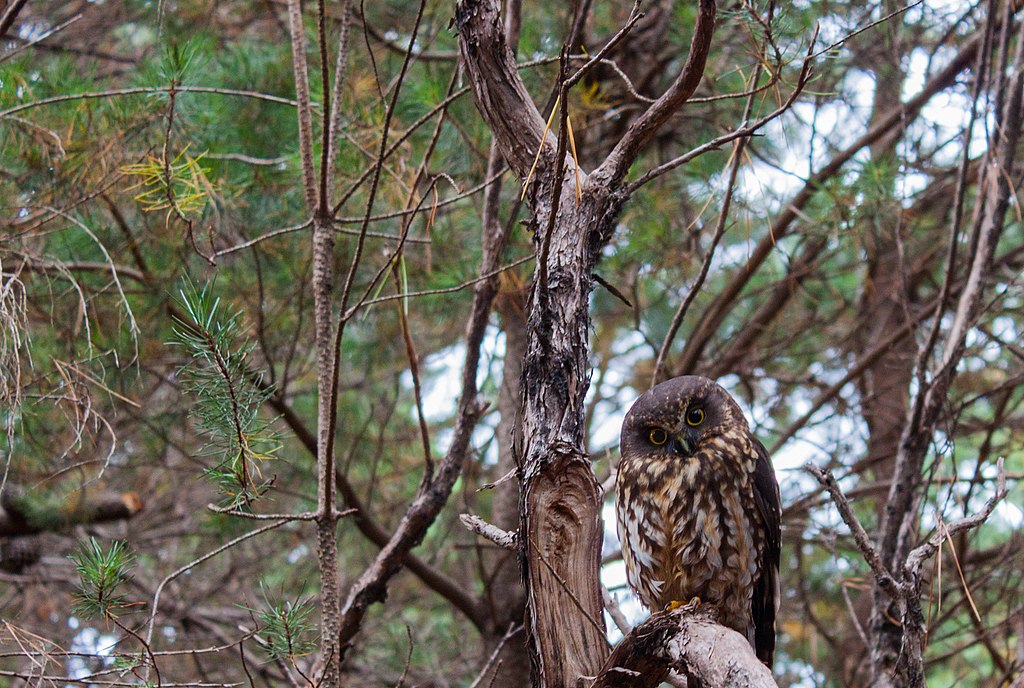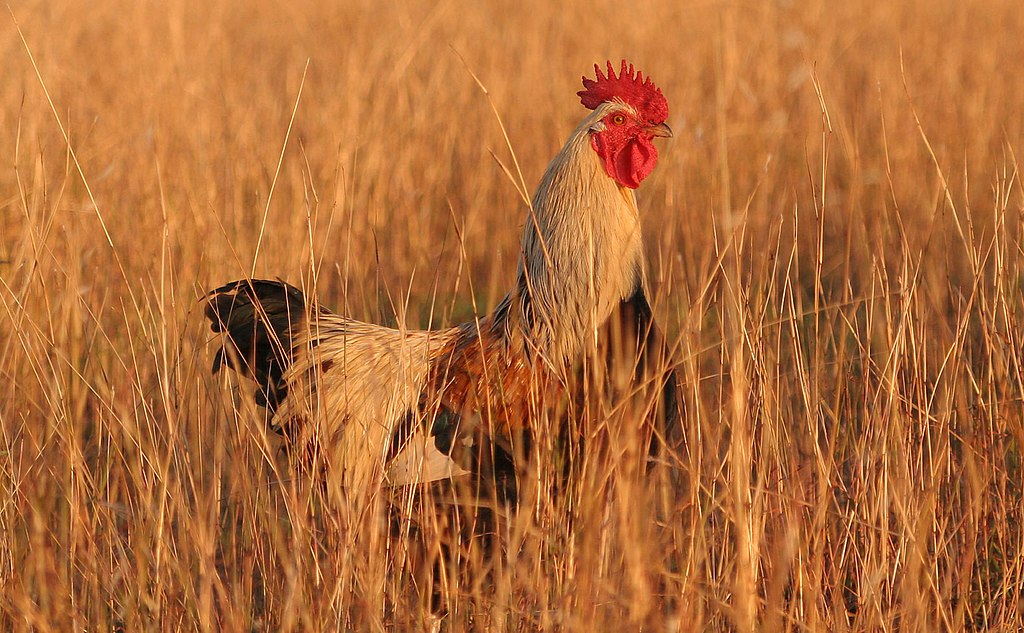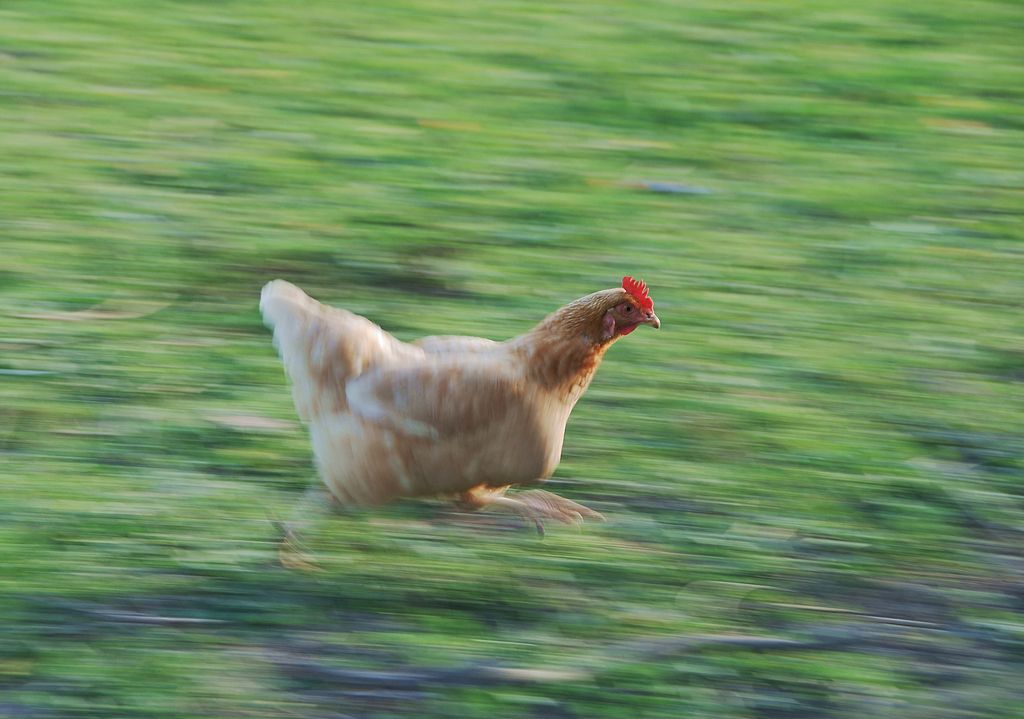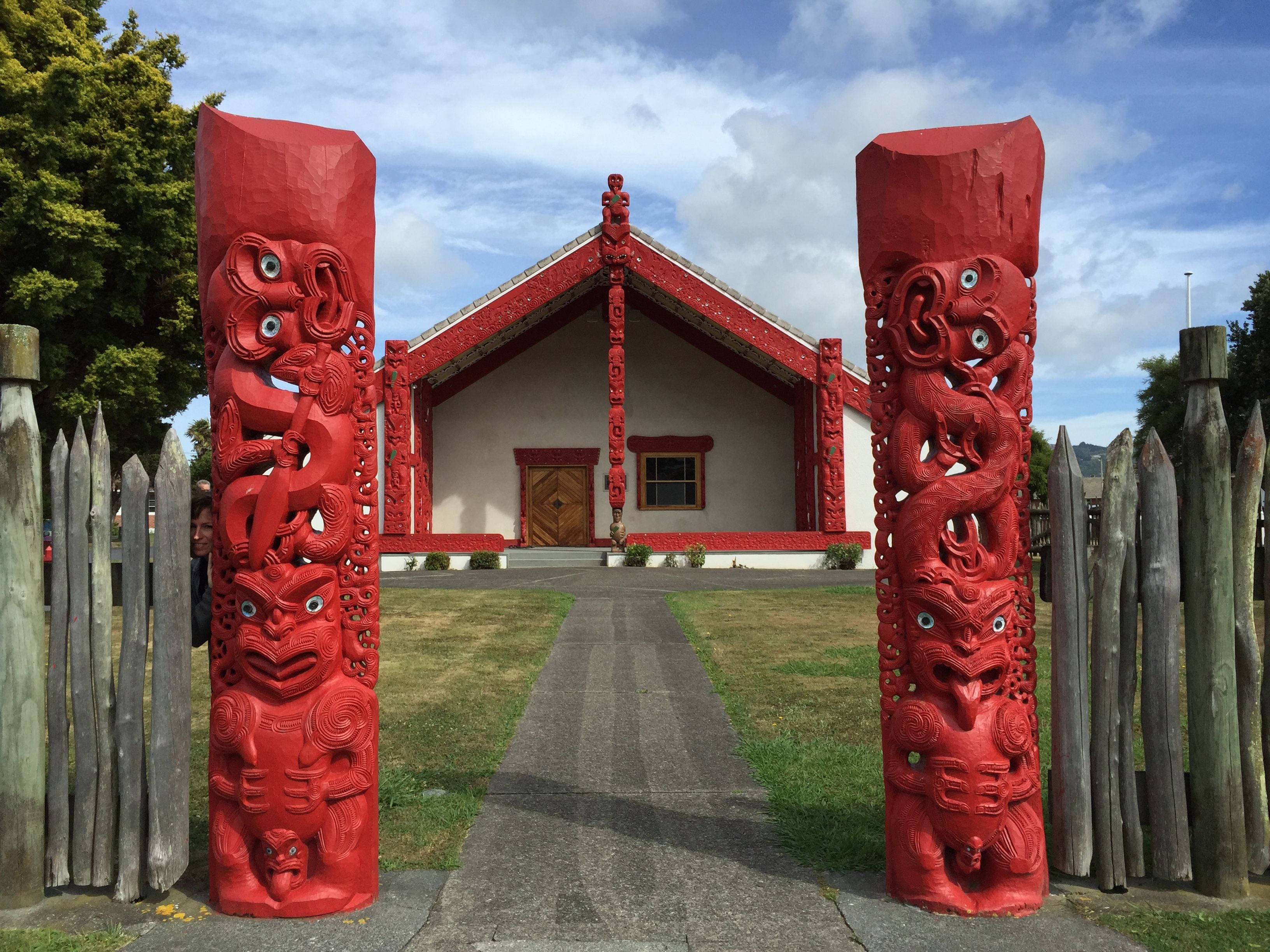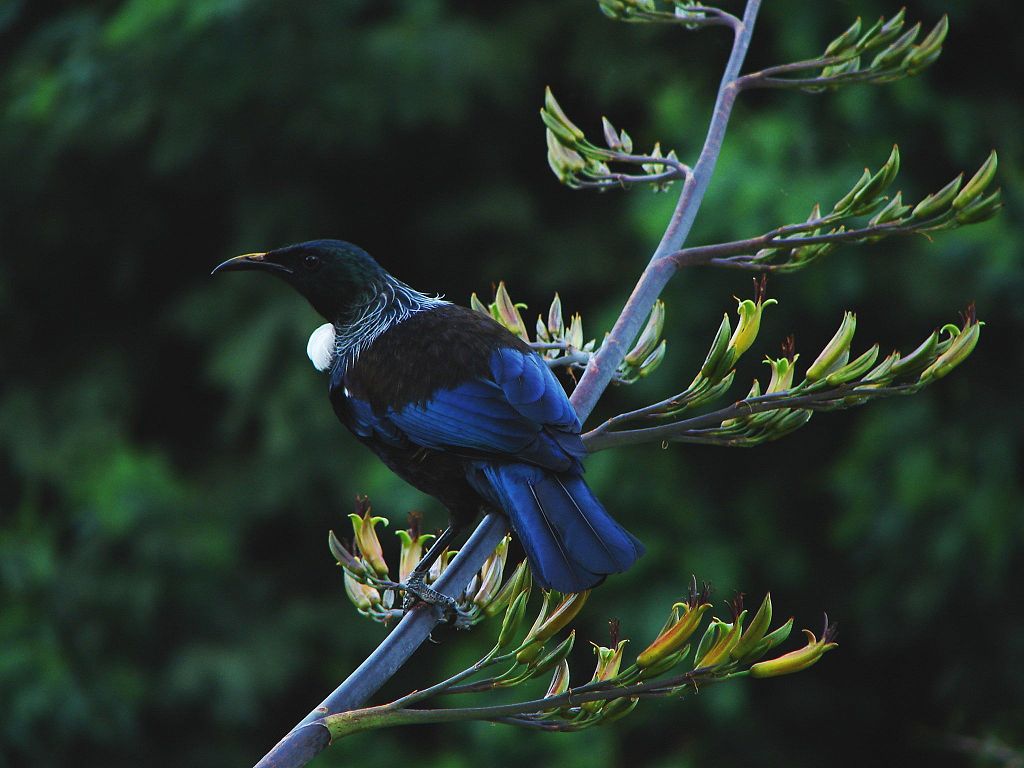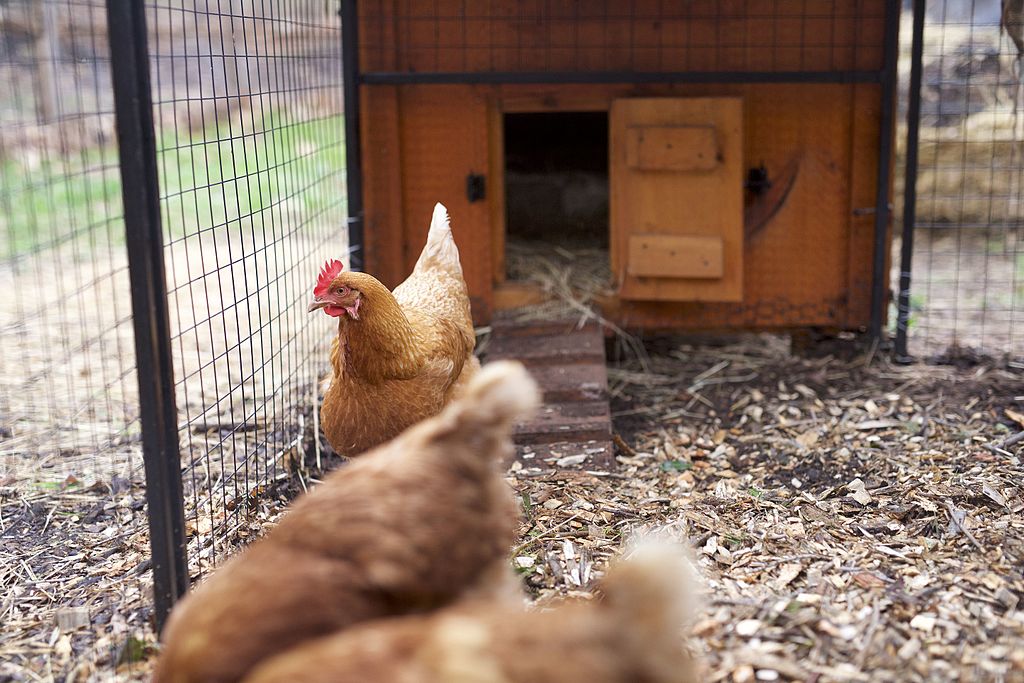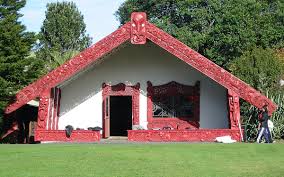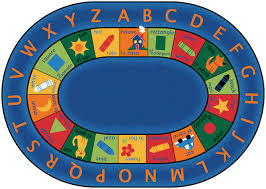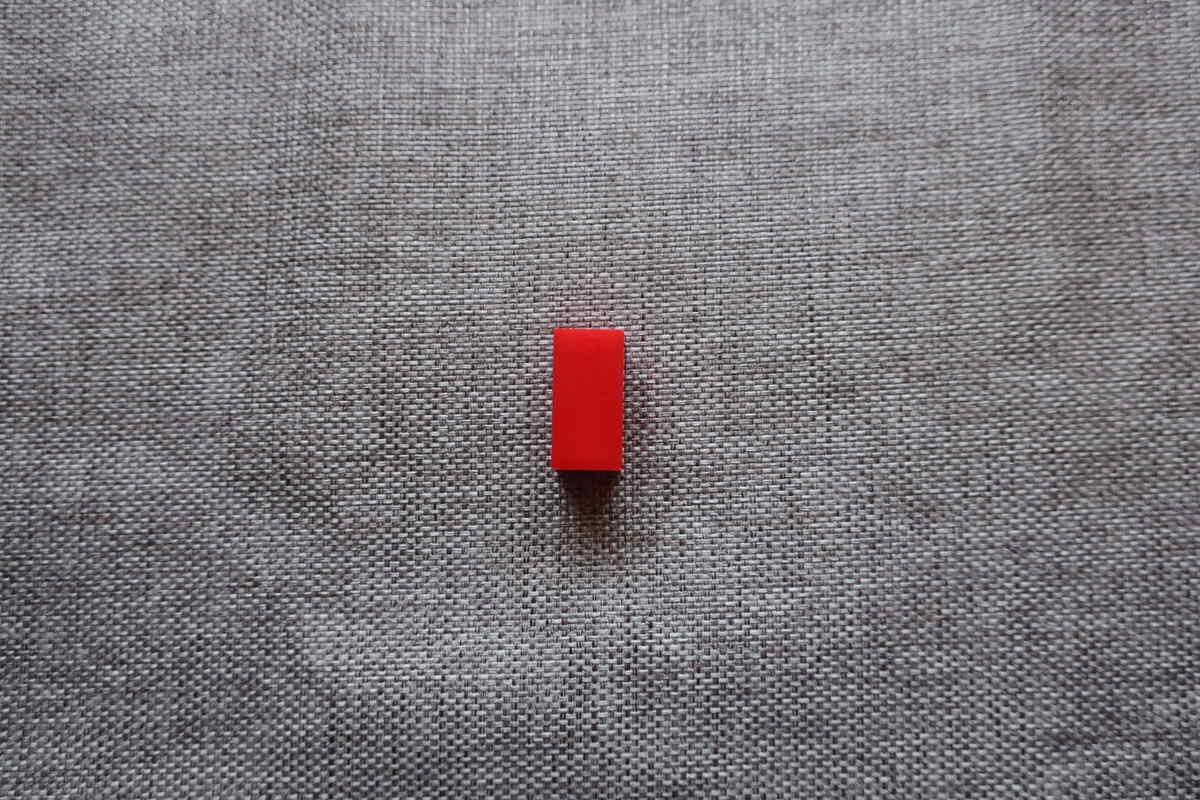He Kuputaka | Glossary
Special | A | B | C | D | E | F | G | H | I | J | K | L | M | N | O | P | Q | R | S | T | U | V | W | X | Y | Z | ALL
A |
|---|
a(particle) Used before people's - names, wai, mea and personified objects when they stand as the subject of the sentence and when they follow i, ki, hei and kei. | |
aha(noun) what? | |
Aho-korewifi | |
Ā |
|---|
Āhuru noacozy | |
A |
|---|
Akomanga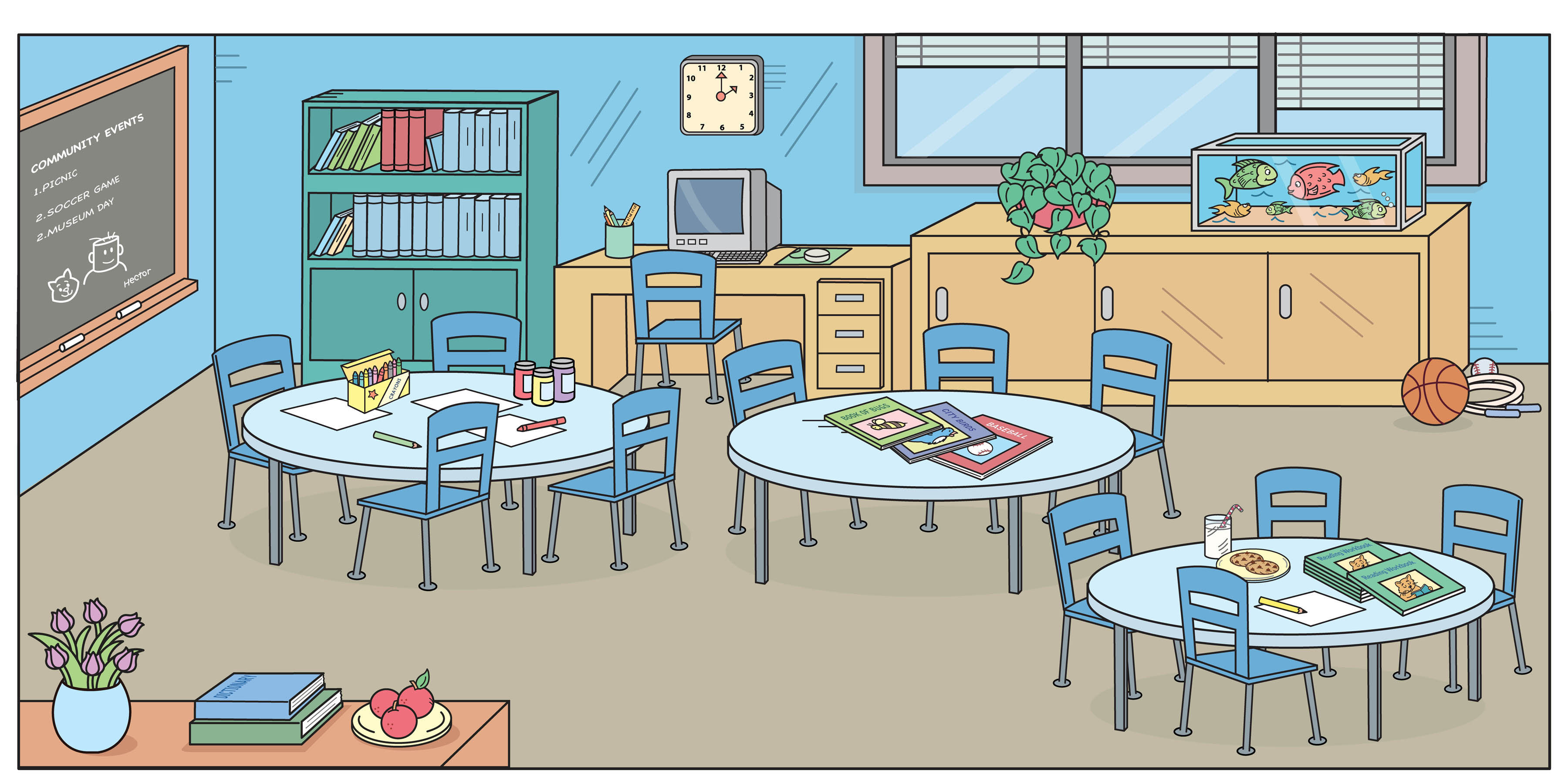 Classroom Classroom | |
Ā |
|---|
Ākonga1. (noun) student, pupil, learner, protégé. | |
A |
|---|
Angamuaprogress | |
Aniniheadache | |
Ā |
|---|
Āniwaniwa / Uenukurainbow | |
A |
|---|
Aoteawhite cumulus cloud | |
ArawhitiPedestrian Crossing | |
Autāia / Nanakiaingenuity | |
AwaRiver
| |
Ā |
|---|
Āwhāstorm | |
A |
|---|
Awhina mai!help! | |
Ē |
|---|
ētehiSome, others | |
H |
|---|
Haereeretransient | |
Hangaruarecycle | |
Hanuwiti1. (loan) (noun) sandwich. | |
haria
(verb) Hari(-a) to take, carry. | |
Hauwind | |
Hauangibreeze | |
Hāuauadrizzle | |
Hauāwhiowhiowhirlwind/tornado | |
He1. (particle) (determiner) a, an, some - used when referring to something that is not specific. It is not used following prepositions other than me when meaning 'like' or 'if'. May be followed by a noun or an adjective. | |
He aha?(particle) what? why?. | |
He aha te kōrero tikaPātai: What is the correct answer? | |
He aha te tohutohu tikaPātai: what is the correct command? | |
He aha te whakautu tikawhat is the correct response? | |
HeiheiChicken | |
He rangi tātarakihibeautiful day | |
hia(numeral) how many? - combines with e, kia, toko-, ka and tua- to mean 'how many are there?' (e hia?); 'how many are wanted?' (kia hia?); how many people are there (tokohia?); 'how many?/how long?' (ka hia?); and 'how many?' (kia tuahia?). | |
Hihi (o te rā)sunshine | |
hoa
(noun) friend, friends. | |
hoatu(verb) (-hia,-ngia,-ria) to give (away from the speaker), put, add, hand over (something), gift, pay, move away - does not take a passive ending when used as a command and traditionally never took one. A passive suffix is often used in passive sentences, other than commands, in modern Māori. | |
hoatu ki a Meregive (it) to Mere | |
homai(verb) (-hia,-ngia,-tia) to give (towards the speaker), contribute, grant, provide - does not take a passive ending when used as a command and traditionally never took one. A passive suffix is often used in passive sentences, other than commands, in modern Māori. | |
homai ki a augive (it) to me | |
Hongi1. (verb) to press noses in greeting. | |
Houdraft | |
Hū Shoes Shoes | |
HuarahiRoad , Pathway | ||
Huarākau.1. (noun) fruit. | |
Huka ā-taiseafoam | |
Hukapapa / Tiofrost | |
Hukarere / Huka ā-utasnow | |
I |
|---|
iThere are many different ways 'i' is used in Te Reo Māori. Here are two examples that you will be learning 1. (particle) Connects a location word with its related noun or noun phrase. 2. (particle) used before verbs and statives to indicate past time. | |
ia(particle) each, every - usually the phrase with ia is repeated together with the preposition if one is needed. | |
ingoa(noun) name | |
iwaNine, 9 | |
K |
|---|
Ka(Particle) used before a verb when the action is in the future. | |
KahurangiBlue
| |
Kai.1.(noun). food/meal. | |
Kaiako1. (noun) teacher, instructor. | |
Kaiāwhina1. (noun) helper, assistant, contributor, counsel, advocate. | |
KaikarangaCaller - the woman (or women) who has the role of making the ceremonial call to visitors onto a marae, or equivalent venue, at the start of a pōwhiri. The term is also used for the caller(s) from the visiting group who responds to the tangatawhenua ceremonial call. Traditionally this role was based on one's status within the hapū or whānau, the eldest sister normally being given the role. Skilled kaikaranga are able to use eloquent language and metaphor and to encapsulate important information about the group and the purpose of the visit.
| |
Kaiotaotavegetarian | |
Kairīwhi1. (loan) (noun) reliever, successor, substitute, replacement. | |
Kaitautoko1. (noun) supporter, sponsor, backer, advocate, benefactor, seconder (meeting). | |
Ka mau te wehiThat's amazing! | |
Ka mutu pea how great, how marvellous, how wonderful - an idiom used to praise a person or something. how great, how marvellous, how wonderful - an idiom used to praise a person or something. | |
Kānga pakō1. (loan) (noun). Popcorn | |
Kapuacloud | |
KarakaOrange
| |
Karakara(verb) - to colour
| |
karakia1. (verb) (-tia) to recite ritual chants, say grace, pray, recite a prayer, chant. | |
karawhiuaGo for it! Give it heaps! Give it everything you got! | |
Kareaothin stratus cloud | |
KareraLime green
| |
Kāri(loan) (noun) - cardboard
| |
Karoti
Carrot | |
Kātahi rā koe!"Right on, you!" "You're on the money!" | |
KauCow
| |
Kāuta-repomud-kitchen | |
kei a wai?who has it? | |
kei runga noa atu koeYou're the best | |
Kei te(Particle) in the act of, is, are - when followed by a verb indicates continuing action in the present. | |
Kei wheaWhere? | |
Kererū(noun) New Zealand pigeon, kererū, Hemiphaga novaeseelandiae - a large green, copper and white native bush pigeon which was eaten by Māori. Kererū were one of two foods harvested during the Māori new year.
| |
Kete(Noun) Basket | |
ki(particle) to, into, towards, on to, upon - indicates motion towards something | |
Kiriatavideo | |
Kiwi(noun) northern brown kiwi, North Island brown kiwi, kiwi feather, Apteryx mantelli and tokoeka, Apteryx australis - flightless, nocturnal endemic birds with hair-like feathers and a long bill with sensitive nostrils at the tip.
| |
Koaplease | |
koe(pronoun) you (one person) - like all pronouns and personals, takes a when following ki, i, kei and hei but does not take a when used as the subject of the sentence. Never occurs after he, te and ngā and is not used after the prepositions a, o, mā, mō, nā, nō or with tā and tō. | |
Kohanga ReoMāori language preschool. | |
Kohufog/mist | |
Koia, kei a koeYou've got it! You got the skills! | |
Kōpakaice | |
Kōpaki moesleeping bag | |
Korekaublank | |
Kōreroconversation Taranaki same word | |
kotahi(numeral) be one, single, alone, 1 | |
KōtiroGirl | |
ko wai?who? | |
KōwhaiYellow
| |
Kua(particle)
has, had, have, will have - a particle used
before ordinary verbs and statives denoting that an action is under way
or completed, or a state established. It relates to something that has
changed from one state to another | |
KūahaDoor | |
kutikutiscissors
| |
M |
|---|
MāWhite
| |
Mahea (te rangi)clear sky | |
Mākūwet | |
Mākūkūvery damp/sodden
| |
Mamaehurt | |
Mamaoasteam | |
manothousand, 1000 | |
Manuhiri(noun) visitor, guest. | |
Marae āteacourtyard, public forum - an open area in front of the wharenui where formal welcomes to visitors take place and issues are debated. The marae ātea is the domain of Tūmatauenga, the atua of war and people, and is thus the appropriate place to raise contentious issues. | |
Marokedry | |
MatapihiWindow | |
Matauhe right hand, right-hand side. | |
Matua1. (verb) to be adult, grown-up.2. (stative) main, chief, important, primary. 3. (noun) father, parent, uncle. | |
Mātua1. (noun) parents - plural form of matua. | |
MauīOn the left hand, left side.
| |
MāwheroPink
| |
meand - when used to join noun phrases | |
me he tēLike a boss! | |
Mīharointeresting | |
Mihia To greet, to acknowledge To greet, to acknowledge | |
Miraka tepe1. (loan) (noun) yoghurt. | |
MotukāAutomobile, car, vehicle | |
MotupaikaMotorcycle
| |
Moustuck | |
Moumahararemember | |
Mōwhitiglasses | |
Mua(location) the front, in front of, before, ahead - a location word, or locative, which follows immediately after particles such as ki, i, hei and kei or is preceded by a when used as the subject of the sentence. | |
Muri(location) the rear, behind, at the back of - a location word, or locative, which follows immediately after particles such as ki, i, hei and kei or is preceded by a when used as the subject of the sentence. | |
N |
|---|
nā (particle) there (by the listener) - used after nouns, location words, pronouns and personal names to indicate position or connection with the listener or the principal character in a narrative. Like the other two locative particles, nei and rā, it follows manner particles (i.e. kau, kē, noa, rawa and tonu) and directional particles (i.e. mai, atu, iho and ake) in the phrase if they are present. | |
nei(particle) here - used after nouns, location words, pronouns and personal names to indicate position or connection with the speaker or the principal character in a narrative. Like the other two locative particles, nā and rā, it follows manner particles (i.e. kau, kē, noa, rawa and tonu) and directional particles (i.e. mai, atu, iho and ake) in the phrase if they are present. | |
Nē rā
(Common saying) is that so? won't you? won't we? isn't it? -
interrogative emphasising a question, request or proposal. | |
ngāThe plural of te | |
O |
|---|
onoSix, 6 | |
P |
|---|
Paehaukūhumidity | |
Paemahanatemperature | |
Paepae(noun) orators' bench. | |
Paepae manuhiri(noun) visitors orators' bench. | |
Paepae tangata whenua(noun) The hosts' orators' bench. | |
PahikaraBicycle, road bike | |
PahipotoVan, vehicle transporting (approx 10 people or less)
| |
PahirahiBus, large vehicle for transporting people (approx 40 people)
| |
paiāYeeyah! | |
Pakifine | |
Pakitara(noun) wall, sidewall (of a house). | |
PangoBlack
| |
Pāorooroboom box | |
Papa(noun) board, timber, floor, slab, plank, chart, plane surface, bed (of a lake or the sea), Earth, shell of crayfish and molluscs - anything broad, flat and hard. | |
papa tuhituhiwriting board, blackboard
| |
Parāoa Poke(noun) - playdough
| |
ParauriParauri
| |
Pātara wai1. (loan) (noun). Water bottle | |
Peita(loan) (verb) - to paint
| |
Pekangaside road, branch off, branch road, extension (telephone), branch, branch path. | |
pēke(noun) bag | |
penepen
| |
pepapaper | |
Pikitia(Noun) Picture | |
PikoBend, Corner, curved | |
Pītakatakafidgety | |
PitoEnd, extremity. Navel, tummy button | |
PoakaPig
| |
Pōari1. (loan) (noun) board - the decision-making body of an organisation. | |
Pokeaoverloaded | |
Pōkēaodark overcast cloud | |
Pouaka kai1. (loan) (noun). Lunchbox | |
PounamuDark Green
| |
Poupou(Noun) A carved wall panel in a meeting house | |
Pōuriurigloomy | |
Pukapuka Book Book | |
Pūkeko(noun) pūkeko, purple swamp hen, Porphyrio porphyrio - a deep blue-coloured bird with a black head and upperparts, a white undertail and a scarlet bill that inhabits wetlands, estuaries and damp pasture areas.
| |
Pūkohukohufoggy | |
Pūmougrounded | |
purutia(verb) (-tia) to hold, retain possession of, keep, hold on to, grip, restrain | |
Purutōhabulldozer taranaki term | |
Puta auahiChimney, smoke outlet | |
Pūtē-pāoroiPod - device | |
R |
|---|
rā (particle) there (by the listener) - used after nouns, location words, pronouns and personal names to indicate position or connection with the listener or the principal character in a narrative. Like the other two locative particles, nei and rā, it follows manner particles (i.e. kau, kē, noa, rawa and tonu) and directional particles (i.e. mai, atu, iho and ake) in the phrase if they are present. | |
RākauTree, Forest, Stick, Rod, Wood
| |
Rakinorth | |
Rangiruaunsure | |
Raranga(verb) - to weave
| |
Raraurelax | |
Raro(location) the bottom, the underside, under - a location word, or locative, which follows immediately after particles such as ki, i and kei or is preceded by a when used as the subject of the sentence. | |
rauone hundred, 100 | |
Rāwhitieast | |
Rehutaiseaspray | |
Reihana.1. (loan) (noun). Raisin/s Alternative kupu: kerepe māroke | |
Reka tonudelicious | |
Reovoice, language | |
Reporepomuddy | |
Retiretislide | |
rimaFive, 5 | |
rorohikocomputer
| |
Roto(location) the inside, in, within, interior - used to refer to the space physically inside another defined space, e.g. a house, box, etc. It is a location word, or locative, which follows immediately after particles such as ki, i, hei and kei or is preceded by a when used as the subject of the sentence. | |
ruatwo, 2 | |
Ruaonepūsandpit | |
Rukea te rangitorrential rain | |
RungaThe top, upper part, on, on top of, the top surface (of something) - a location word, or locative, which follows immediately after particles such as ki, i, hei and kei or is preceded by a when used as the subject of the sentence. | |
rūriruler
| |
Ruru(noun) morepork, owl, Ninox novaeseelandiae - a native owl common throughout Aotearoa/New Zealand in wooded areas including suburbs, roosting by day and active at night.
| |
T |
|---|
tae (noun) hue, dye, colour, stain, pigment - not normally used before the names of colours | |
tahione, single, 1 | |
Taiepawall, fence, paddock, field, enclosure - any fenced off area | |
Takawarewareforgetfulness | |
Takina To recite | |
Tākohangarespectful | |
taku(determiner) my - when talking of one thing. A possessive determiner which must be followed by a noun, unlike tāku and tōku. This is the neutral or informal form and is not governed by the a and o categories | |
TameheiheiRooster Alternative kupu: Tamekōkō
| |
tana(determiner) his, her - when talking of one thing. A possessive determiner which must be followed by a noun, unlike tāna and tōna. This is the neutral or informal form and is not governed by the a and o categories. | |
TangataOne person, human | |
Tāngata People People | |
Tangata whenua(noun) local people, hosts, indigenous people - people born of the whenua, i.e. of the placenta and of the land where the people's ancestors have lived and where their placenta are buried.
| |
tangohia(verb) (-hia) to take up, take hold of, take off, take possession of, acquire. | |
Tā Pikitia(verb) - to draw
| |
Tara iti(noun) floor space on the left on entering a meeting house. | |
Tara nui(noun) floor space on the right on entering a wharenui and the place where manuhiri sleep | |
Tau kēAwesome! | |
Taumarumaruovercast | |
Taunakitangaevidence | |
Taurakidrought | |
Tāwhaiwhai(verb) - to trace
| |
te1. (determiner) the (singular) - used when referring to a particular individual or thing. | |
tekau1. (numeral) Ten, 10
| |
Te mutunga kē mai o te paiThat is so good it is unbelievable! | |
tēnā(determiner) that (near or connected with the listener) - may be followed by a noun or stand alone | |
tēnei(determiner) this (near or connected to the speaker) - may be followed by a noun or stand alone | |
Tēpu Table | |
tērā(determiner) that (away from or unconnected with both the speaker and listener) - may be followed by a noun or stand alone | |
Tērā peamaybe | |
tētehione, a, an, a certain | |
tikanga1. (Noun) Correct procedure, custom, habit, lore, method, manner, rule, way, code, meaning, plan, practice, convention, protocol - the customary system of values and practices that have developed over time and are deeply embedded in the social context. | |
TīkaokaoChicken Alternative word: Heihei
| |
tirohia(verb) tiro (-hia) to look at, inspect, examine, observe, survey, view. | |
TitiroLook | |
tō(determiner) your (one person) - when talking of one thing. A possessive determiner which must be followed by a noun, unlike tāu and tōu. This is the neutral or informal form and is not governed by the a and o categories. | |
tohutia(verb) to sign, to sign a signature | |
tō kaha hokiYou're good at this, you're doing great! | |
Tōmairangidew | |
Tomokanga(noun) entrance, opening, entry foyer, gateway, entry, portal.
| |
Tongasouth | |
toruthree, 3 | |
Tuanuinoun) roof (of a house). | |
tuhia(verb) to write | |
Tūī(noun) tūī, parson bird, Prosthemadera novaeseelandiae - a songbird that imitates other birds' calls and has glossy-black plumage and two white tufts at the throat.
| |
Tumuaki1. (noun) head, leader, president, principal, head (of an institution), chancellor, chief executive. | |
Tūpononoticed | |
Tūpuhigale | |
Tūru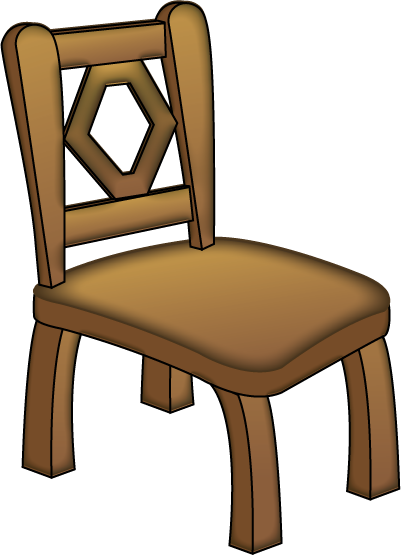 Chair, seat | |
U |
|---|
Uarain | |
Ua-ngangahail alternative kupu: Ua-whatu | |
Ū |
|---|
ūkuieraser
| |
U |
|---|
Unuhia To remove or take off To remove or take off | |
Uruwest | |
W |
|---|
Waenga(location) the middle, among, midst, amid, between, the intervening space - a location word, or locative, which follows immediately after particles such as ki, i, hei and kei or is preceded by a when used as the subject of the sentence. Variation of waenganui. | |
Waho(location) the outside, out - used to refer to the space physically outside another defined space, e.g. a house, box, etc. A location word, or locative, which follows immediately after particles such as ki, i, hei and kei or is preceded by a when used as the subject of the sentence. | |
Wai etoetocondensation | |
waiho(verb) (-ngia,-tia) to let be, leave alone, put, place, ignore - in classical Māori it sometimes did not take a passive ending when used as a command but it usually takes one in modern Māori. | |
Wai-kōhuasoup | |
Wai māori1. (noun) freshwater, mineral water. | |
Waipukeflood | |
Wairākaucompost Generic term | |
Wakapanabulldozer generic term | |
WaruEight, 8 | |
wehi nāO.M.G, awesome! | |
Wēhi nāfantastic | |
whāFour, 4 | |
Whaene1. (noun) mother, aunt. | |
Whakaahua(noun) - photograph, illustration
| |
whakahokia(verb) (-a) to take back, return, give back, receive (tennis, etc.), put back. | |
whakairihia(verb) to hang up, suspend, elevate. | |
Whakairo(verb) - to carve or sculpt
| |
Whakakahawhakakaha (i te reo) louder | |
Whakakī(a)To fill out Verb/Kupu mahi: Command/tohutohu: | |
Whakaparaparacompost Taranaki term | |
Whakarārangihia(verb) to line up. | |
Whakaritea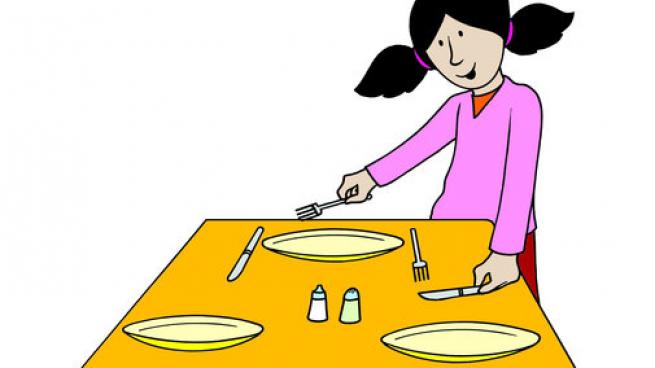 To prepare To prepare | |
WhakarongoListen | |
Whakataihoaprocrastination | |
Whakatakoto(Verb) To Lay something down. | |
whakatika(ina)to fix, to correct something Verb/Kupu mahi: Command/tohutohu: | |
Whakatikaina To tidy or make right, correct. To tidy or make right, correct. | |
Whakatinanaimplement | |
Whakatū(Verb) To stand up or erect | |
whānau
(noun) family. | |
Wharehouse, building, residence, dwelling, shed, hut, habitation. | |
Whare heiheiChicken coop, Chicken dwelling
| |
Whare itiToilet, lavatory, convenience, latrine, loo, bog. | |
Wharekaidining hall, refectory, cafe. | |
WharenuiMeetinghouse, large house - the main building of a marae where guests are accommodated. Traditionally the wharenui belonged to a hapū or whānau but some modern meeting houses, especially in large urban areas, have been built for non-tribal groups, including schools and tertiary institutions. Many are decorated with carvings, rafter paintings, and tukutuku panels.
| |
whārikimat
| |
WheroRed
| |
whituSeven, 7 | |

